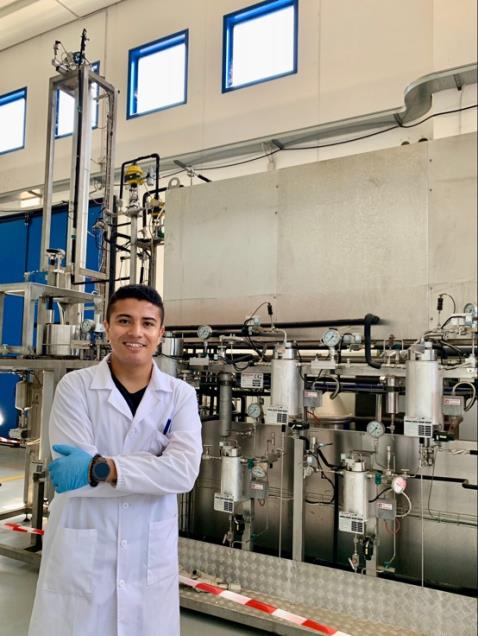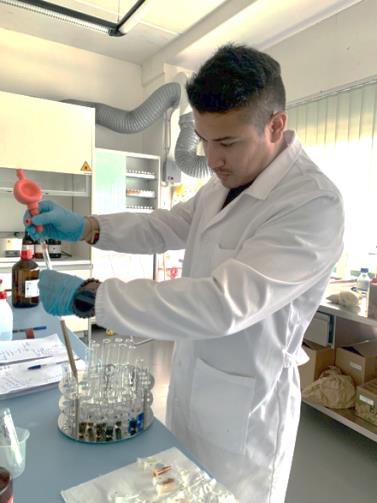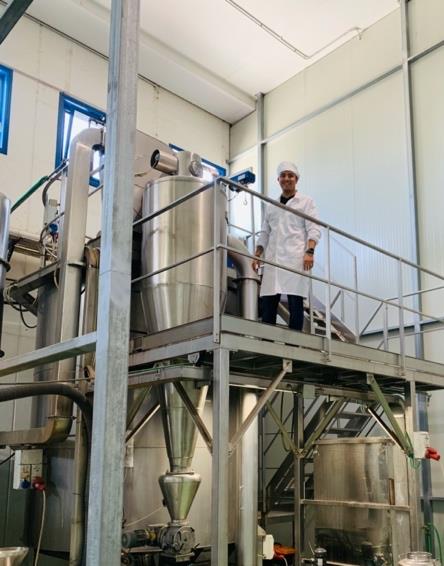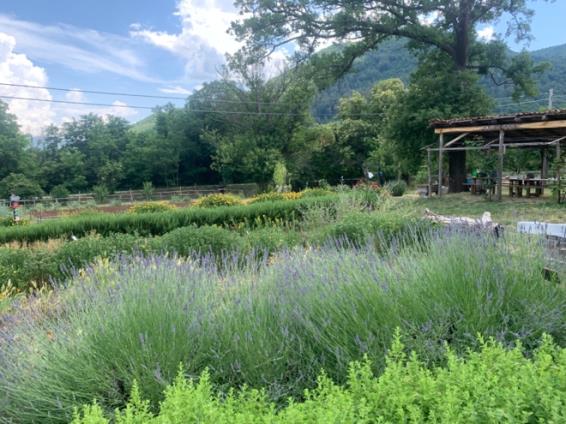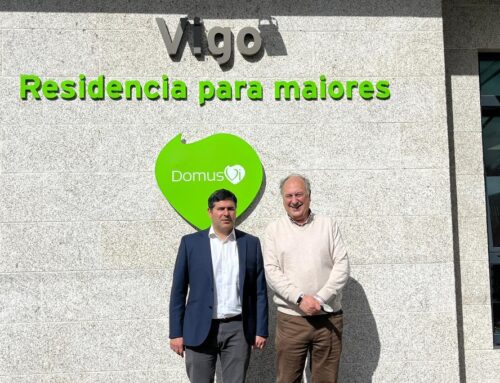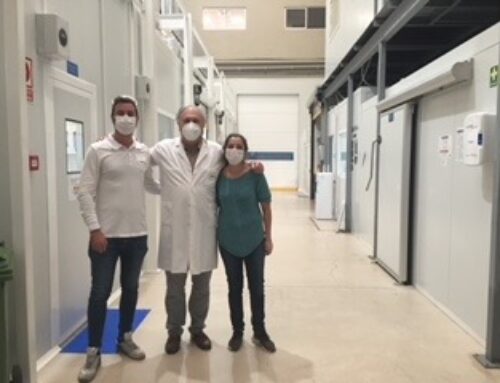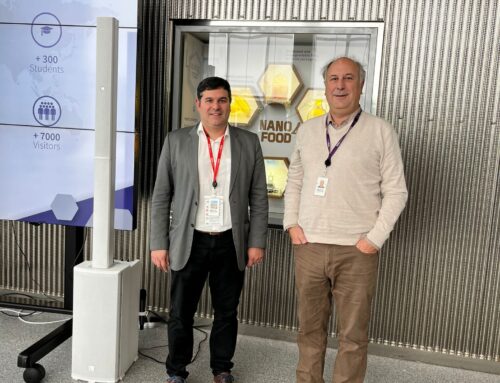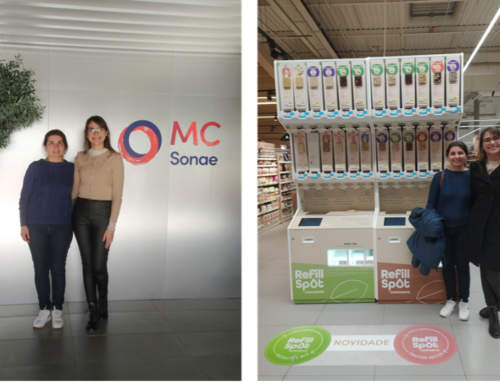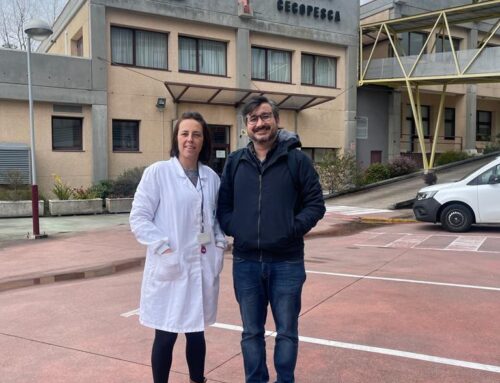Welcom to EVRA
Even after I arrived at EVRA company in Lauria, Italy, I was already expecting that this mobility would be a great chance to increase my competencies, skills and networking in both scientific and industrial areas, and undoubtedly the expected was accomplished due to the great support and remarkable attention received from Dr Filomena De Biasio and Eng. Domenico Gorgoglione and all EVRA’s team spacially from Catia, Anna, Jessica, Antonella, Salvatore, Giuliano, Luca and Alessandro.
Working in EVRA’s facilities
During my two months working as a secondment within the FODIAC project in EVRA, I had the opportunity to work in a pilot scale spray dryer and to see and learn a real scenario of a processing and production line of dry-based plant extracts at an industrial scale. Also, we discuss and share ideas based on the same scope of this project to create functional foods/ingredients employing the biowaste generated inside their facilities, pursuing circular economy and waste valorisation.
Visiting Agri EVRA and Ethnobotanical Conservatory
I also had the opportunity to visit the EVRA’s garden (Agri EVRA), a land space used to plant and cultivate some aromatic plant species, among other plants, to be tested and exploited as raw materials to produce EVRA’s commercial products. As this company is committed to the preservation and conservation of the wild flora which grows naturally in the region, they created an Ethnobotanical Conservatory, which I also had the chance to do a guided visit where I learned about many plant species used by Italian people as a traditional medicine to treat some health illness.
Final remark
Meeting new people is one of my favourite things to do, especially from different countries and regions, because it allows you to obtain more diversified experiences related to social, cultural and traditional aspects as well as scientific and enterprise areas that are important topics in my career. In this regard, the FODIAC project represented important funding to continue growing personally and professionally and therefore, I would like to thank all the FODIAC staff for the support and acceptance to be part of this project and also encourage them to continue doing this kind of multi-enriching projects to reach and engage more students and research groups over Europe. “Grazie Mille”

